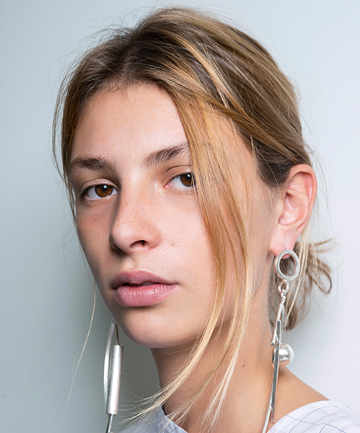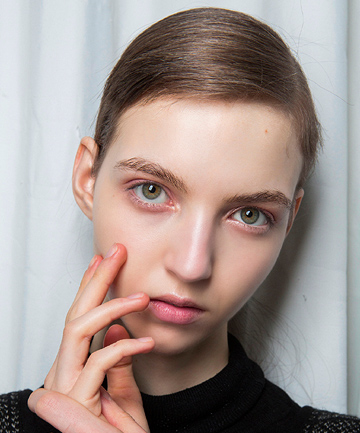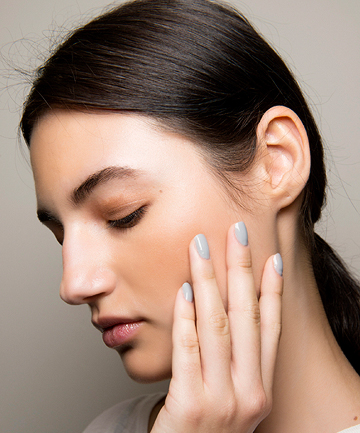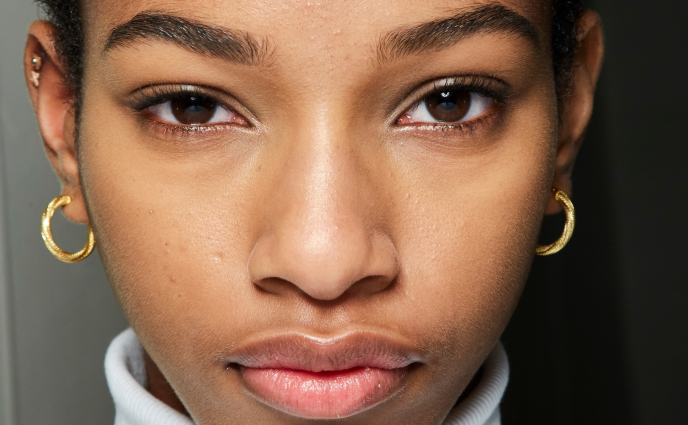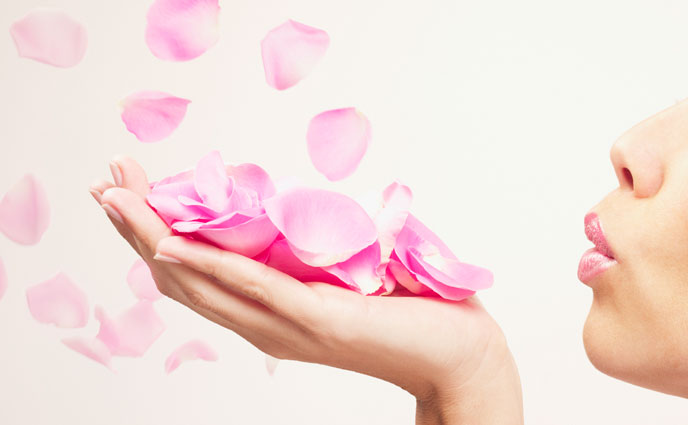It's easy to be lured by highly-raved skin care products when all you see online are five stars and great reviews. The words "miracle", "holy grail", and "game changer" are enough to convince you to get on Amazon and start shopping. And you know what? There's nothing wrong with that. After all, it's only logical to base your skin care routine off of tried and tested beauty products. (That's what Reddit is for, right?).
While all the information, pros, cons, and real-life experiences of a product available online are very helpful, there's one thing that you should also be listening to, above all else: your own skin. Everyone has a unique skin story which is influenced by your genes, lifestyle, and environment — and as such, it can be tough to predict how your skin's going to react.
Usually, it takes time for skin care products to take effect. It could be days, weeks, and months. But how do you know your skin doesn't love the product you're using? Keep an eye out for these ten signs.
Image via Imaxtree
Getting a pimple here and there is pretty common when you've just started with a new routine. It usually takes two to three weeks for your skin to adapt, which can lead to minor breakouts that typically clear up once your skin has adjusted.
Now, if things start getting out of hand, that's when you know you have a problem. Having two or more pimples at a time is a red flag — so you might want to stop using the product in question and switch to a new one. Try something that's non-comedogenic or has lighter water-based formula (Neutrogena Oil-Free Acne Moisturizer Pink Grapefruit, $6.69, is both!).
Image via Imaxtree
Pimples are not the only bumps you should be on the lookout for: Yep, tiny red or white bumps are definitely not part of the glass skin promise.
These pesky bumps might signify sensitive reaction to the ingredients of the products you're using. They could also be a sign that your product is too high in mineral oil content. Ditch the culprit right away and hit reset with a charcoal-based cleaning mask, such as The Body Shop Himalayan Charcoal Purifying Glow Mask, $28. Once the bumps go away, try an AHA- or BHA-based product.
Image via Imaxtree
Finding your skin to have newly uneven color is generally bad news, especially on your cheek area. This could be a sign that you're having a bad reaction to some ingredients that are meant to lighten your skin. It's called paradoxical hyperpigmentation which is related to chemicals that bleach the skin (such as hydroquinone and arbutin).
Once you notice new pigmentation popping up, be sure to abandon any product that contains these ingredients. Don't use any skin lightener until your skin color balance is restored. While you wait, coat your skin with sunscreen with at least SPF 30 (we like Kiehl's Activated Sun Protector 100% Mineral Sunscreen SPF 50, $29).
Image via Imaxtree
No, don't mistake it for having a hydrated skin: Your skin isn't supposed to be excessively oily when using a skin care product. In fact, this can even be a sign of dehydrated or overexfoliated skin. You see, strong oil-control products can dehydrate your skin, which in turn stimulates more oil production.
If this is a problem you're experiencing, try switching to products with water-boosting ingredients, such as the Innisfree Intensive Hydrating Serum With Green Tea Seed, $27. This way, you can increase water content in the epidermis while keeping your skin soft and and your sebum production in check.
Image via Imaxtree


